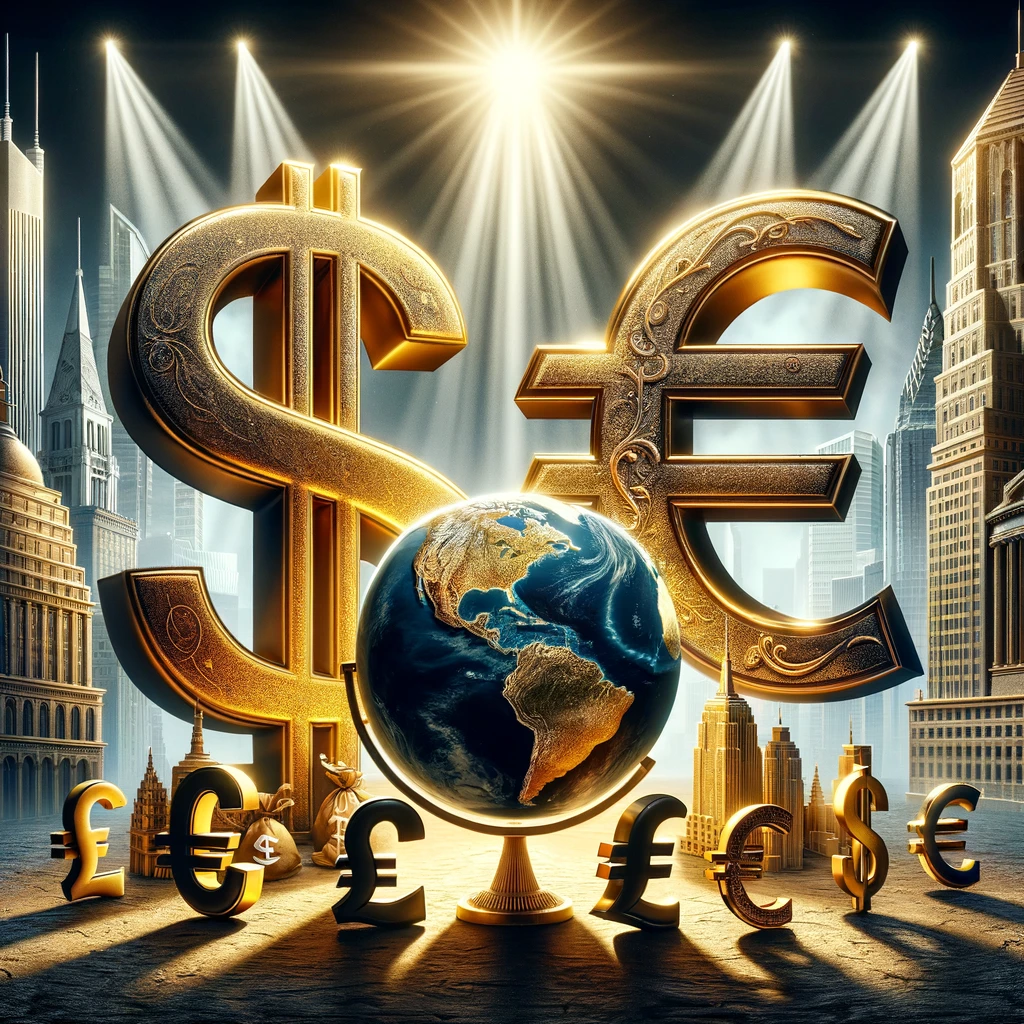
The dominance of the international monetary and financial system by the United States and Europe constitutes one of the most significant manifestations of power on the contemporary world stage.. This article explores how this joint hegemony has been employed as an economic weapon against countries that challenge Western interests., illustrating the impacts of this dynamic through concrete examples such as Cuba, Russia, Iran and Venezuela.
In Cuba, the prolonged imposition of sanctions by the US, with tacit support from European allies, underlines the West's ability to economically isolate a country. The embargo, reinforced by international financial measures, not only severely restricts the Cuban economy, but also its ability to operate within the global financial system, highlighting how Western policies can profoundly affect a nation.
Similarly, Russia has faced significant economic sanctions from the US and the European Union in response to geopolitical actions deemed unacceptable. These sanctions, targeting key sectors such as energy and finance, demonstrate the ability of the US and Europe to coordinate punitive economic responses, resulting in significant economic challenges for Russia, including the devaluation of its currency and difficulties in accessing international markets.
Iran, in its turn, exemplifies the vulnerability of countries not aligned with the dominant system. After the US breach of the nuclear agreement, with implicit support from several European nations, severe sanctions were reimposed, cutting off Iran's access to important markets and resources, exacerbating internal crises and further isolating the country on the global stage.
Venezuela is another notorious case where the transatlantic alliance between the US and Europe manifests its financial power. Targeted sanctions, designed to destabilize the Maduro regime, demonstrate not only the ability to impose economic difficulties but also to influence the internal politics of sovereign nations. By controlling access to financial assets and crucial oil markets, the US and Europe demonstrate a deep and pervasive influence.
These examples reflect the reality of a monetary and financial system that, dominated by the dollar and the euro, serves as a foreign policy instrument for the US and Europe. Through it, These powers maintain disproportionate influence over the world economic order, employing its financial tools to advance its geopolitical interests.
However, This dynamic also raises questions about the equity and sustainability of the global financial system. Measures adopted by the USA and Europe, although often justified as necessary for security and the promotion of democratic values, can have devastating effects on the populations of target countries, exacerbating poverty and limiting access to essential resources.
This financial power shared between the West, as a foreign policy instrument, requires careful and critical analysis. The implications of its application are vast, affecting not only international relations but also the social and economic fabric of affected nations. Therefore, deep reflection is necessary to understand the complexity of these power relations and seek a more equitable and fair system that can favor a more balanced world order. Economic interdependence must be guided by principles of justice and cooperation, ensuring that monetary supremacy does not become an instrument of domination, but rather into a vehicle for global progress and stability.
